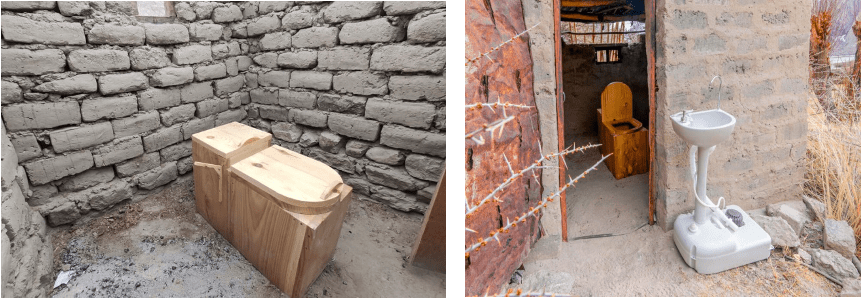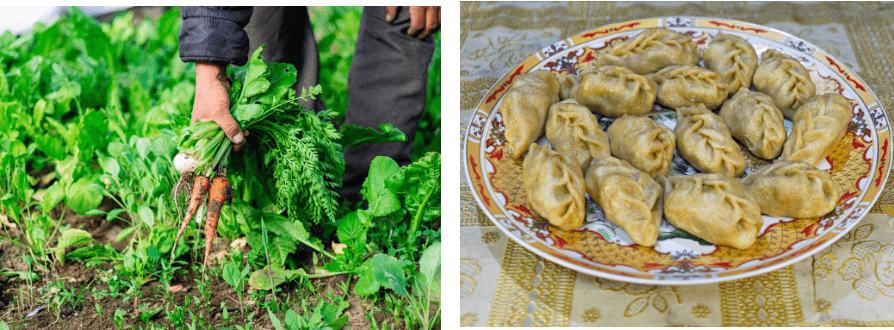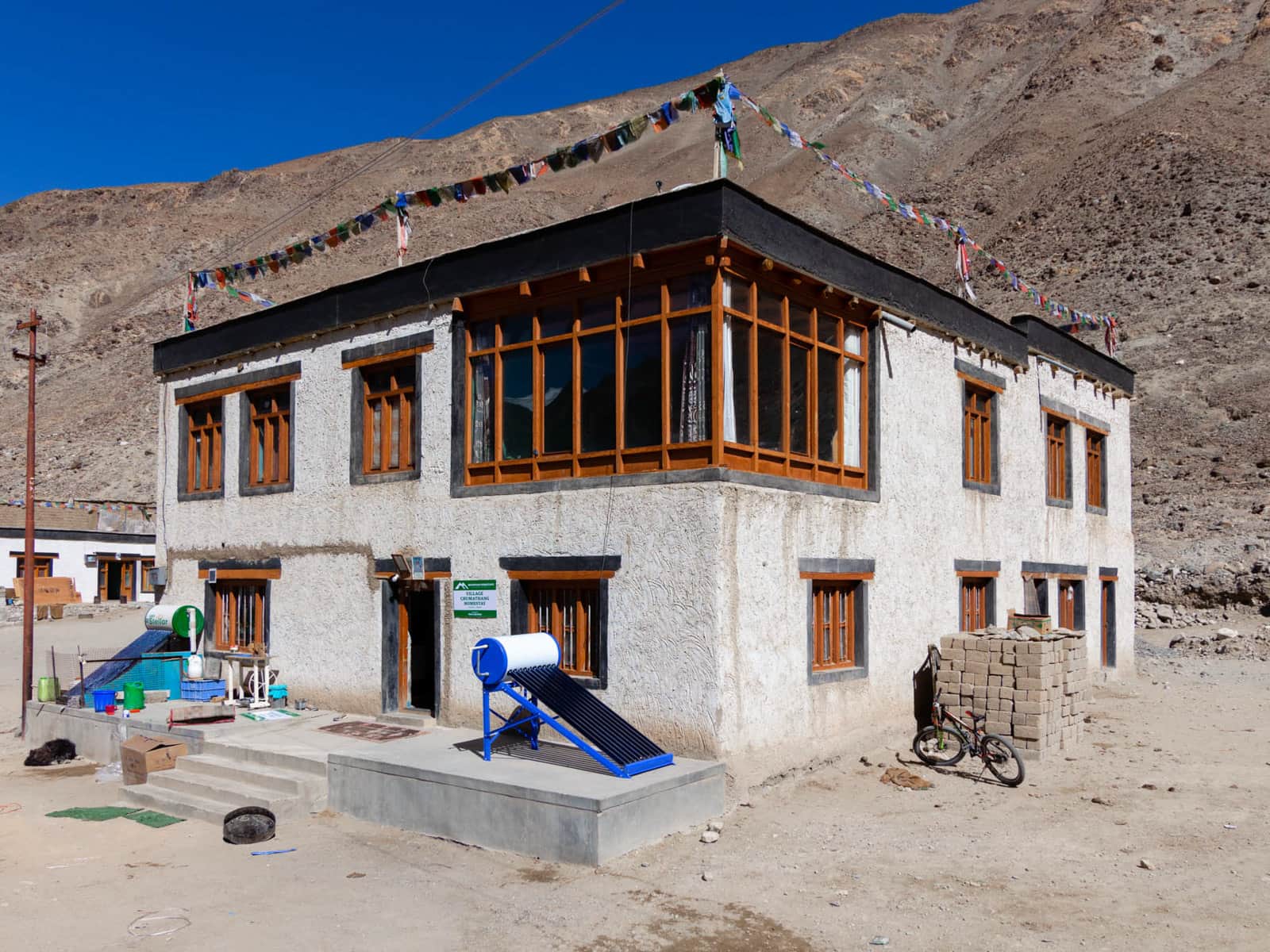With Booking.com now vetting and recognising sustainable accommodations with a new badge, sustainability is finally being ‘mainstreamed’ in the global tourism industry. Mountain Homestays is proud to be a part of this future-facing journey
Over the last few decades, the concept of sustainability has been refined and chiselled, until it acquired a distinctive shape of its own. The goals became clearer and clearer, and the actions to achieve them much more precise. And now, the persistent efforts towards achieving these sustainable development goals (SDGs) has culminated in global platforms like Booking.com recognising sustainability initiatives taken by their local partners across the world. The platform now offers millions of its users the choice to opt for sustainable accommodations. This feature — this ‘mainstreaming’ of sustainability across all brackets of the tourism ecosystem worldwide — is a real victory for responsible tourism practitioners like us. And we at Mountain Homestays know that we share this feeling with many other Travel Sustainable Badge holders at Booking.com today. This is a validation of our efforts, an acknowledgement of all the work that we put in all year round to ensure that our homestays are carbon neutral, and both our local partners and travellers are comfortable and happy. Here are some of the features that each of our homestays have…
After two years of uncertainty and incessant nail-biting, the bright blue skies of Ladakh, kohled with caramel-coloured mountains, suddenly seemed open to exciting new possibilities. The post-vaccine energy, the laughter in the air, felt refreshing and reassuringly familiar. Perhaps, we were finally turning the corner on Covid-19. Perhaps, the winter of discontent was finally coming to a warm, fuzzy, hope-inducing end…
Getting Rid of a Big Chunk of CO2 Emissions


Fossil fuel-based energy can be responsible for emissions of nearly 3,845kg of CO2 annually in just one house. So, at Mountain Homestays, the process of setting up a homestay begins by making fundamental changes in each house to achieve carbon neutrality. To make any changes in local homes to remove greenhouse gas emissions, first the local community has to be engaged with and educated on the topic. They also need an incentive or motivation to make such decisions. Therefore, our team of carbon neutral homestay experts meets the potential hosts in person and helps them understand why clean energy solutions are critical to them as individuals, families and as a community as well. They emphasise on how the arrival of or growth in tourism can lead to higher demands for electricity, heating and hot water, and how it could result in an exponential rise in carbon emissions. Once the locals are more aware of the short-term and long-term impact of emissions, they motivate them to invest in clean energy solutions, including Solar Micro Grids and Solar Water Heaters, making these available to them at a special subsidised rate. Eventually, this ensures that there’s zero CO2 emissions in some of the most fragile landscapes we work in, even if there’s a rise in tourist footfall at these destinations.
Innovation in Sanitation & Hygiene


Equipping a local home with clean and tourist-friendly facilities often requires heavy sanitation infrastructure that generates a considerable amount of sewage and greywater. The usual western-style commodes with flush tanks, showers in the bathroom and washbasins connected to big water tanks consume a huge amount of water. Cleaning these fittings also requires more water. Eventually, inordinate amounts of greywater keep getting accumulated at the destination and pollute the local waterbodies. For people living in remote villages, who fetch water from natural sources of water nearby, such water-intensive set ups become a daily burden. So a homestay with an adapted, user-friendly dry toilet and a washbasin with minimum water requirements proves to be a blessing for many. Eco-friendly dry toilets, along with portable washbasins, limit the use of water and don’t need much cleaning either. This set up does not generate black or greywater that requires heavy, energy-consuming Sewage Treatment Plants (STP).
Promoting Local, Eco, Organic Food Options


Tourism can be a boon for some destinations, but it also brings with it an increased demand for food. Often, when locals are not prepared for this, they start using packaged and instant food supplies. Biscuits and packets of chips replace homemade snacks, frequent market visits are made to get the supplies for tourist-comfy food, and packaged drinks replace local beverages. To serve food that suits a tourist’s palate, locals often end up straying from their traditional food cultures and practices of eating seasonal, locally grown food.
Once we set up our homestays, we consciously focus on gastronomy training to ensure that organic local produce remains at the centre of the local culture as well as the tourist experience. We prepare a menu that includes local delicacies with a few minor tweaks and some staples/additions, and cook the new dishes with the local hosts to boost their confidence. We share a copy of the Eco-food Menu widely, since it celebrates local food culture, describes the dishes (snacks, lunch and dinner), and nudges travellers to try new dishes and regional specialties in each homestay or village. This wide spread of plant-based, organically grown food serves the dual purpose of introducing travellers to the local food culture and preserving it, keeping the destination away from ever-growing piles of packaged food waste.
Do You Want to be Carbon Neutral Too?
We earned the Booking.com Travel Sustainable Badge for all our homestays on the back of all these efforts that we’ve made in each of our Carbon Neutral Homestays over the last few years. These claims have been ratified by independent global experts from organisations like Travalyst and Global Sustainable Tourism Council (GSTC), before the badges were awarded to us.
We believe that any homestay or accommodation can aspire to be Carbon Neutral, if it adopts an action-oriented approach. This can only happen by monitoring the existing set up, finding out what needs to be changed to reduce negative impacts, retrofitting systems, and then, by talking aloud about these efforts and communicating them not just to tourists who book one’s homestay, but with the entire travel community to raise awareness and help travellers make better choices.
If you wish to collaborate with us and make your homestay Carbon Neutral, please click here… CARBON NEUTRAL HOMESTAY: EXPRESSION OF INTEREST

